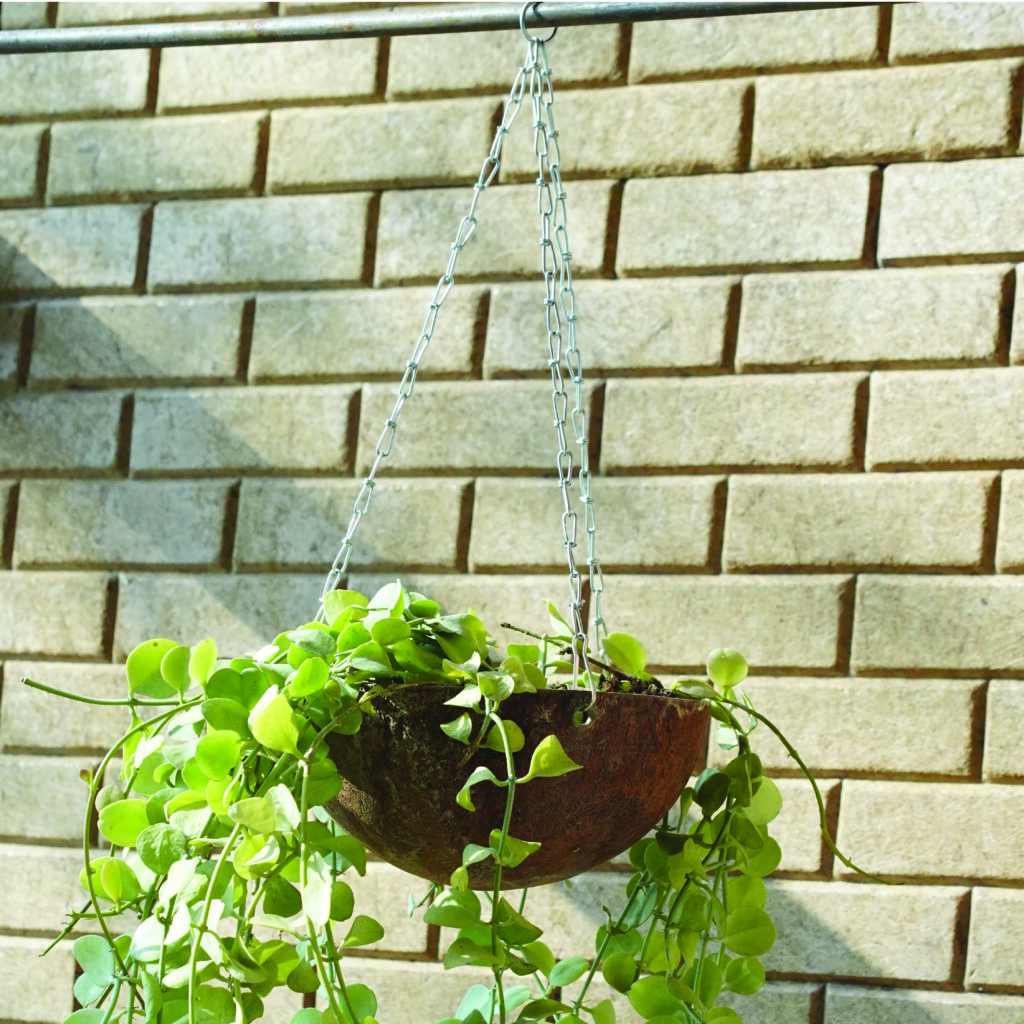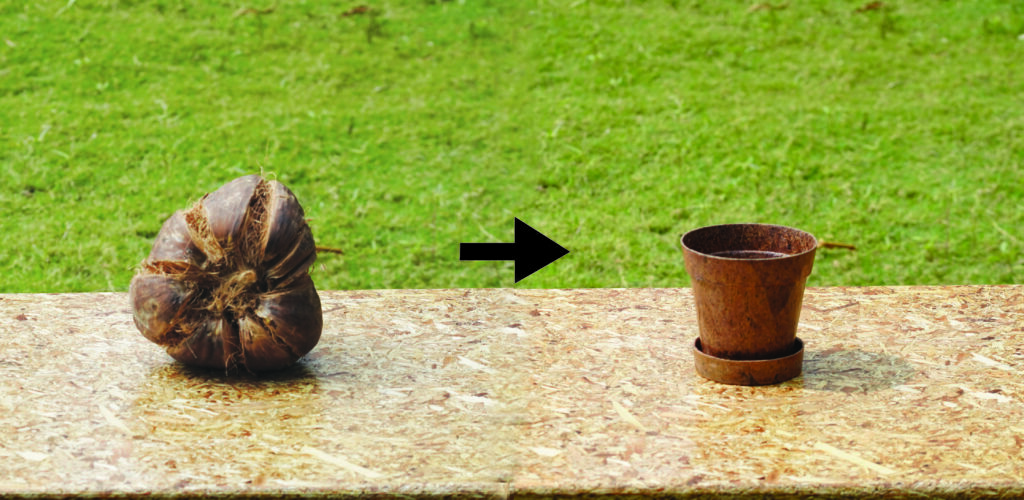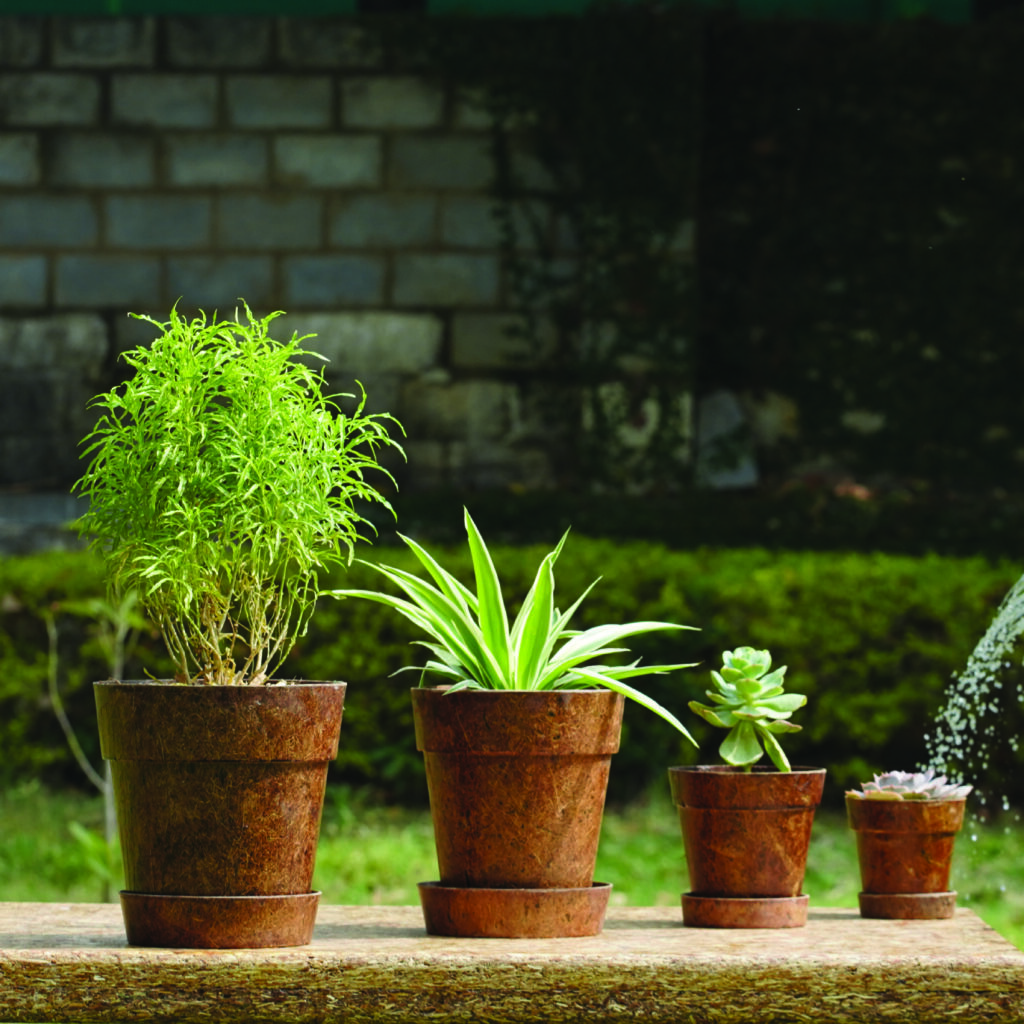The history of coir dates back to the 19th century. It all started in the state of Kerala. The state of Kerala can be seen as a thin strip in the map of India. Everything in Kerala evolves around the coconut. It got its name from the Malayalam word “Kera” which means coconut tree. This land of coconuts has given birth to the flourishing coir industry in India. Coir Industry has expanded its roots from there and today it plays a prominent role in generating revenue and business in Karnataka, Tamil Nadu, and other neighboring states as well. The amount of raw material i.e. the coconut trees in the entire coastal belt is huge. It has given money, and employment and boosted their economy to a great extent. In the past, the beginning of the industry occurred with small-scale, unorganized business but today it has crossed all its limitations to emerge as one of the most powerful pillars of the economy in South India.

Today the coir industry is involved in manufacturing a wide range of coir products such as coir rugs, coir sheets, coir door mats, coir blankets for soil stabilization and slope protection, and many new and innovative products. Several gardening products are possible to be made out of coir. These include coir baskets, coir pots, coir soil conditioners, coir sticks, and coir logs. These unconventional usages of coir are very much a necessity in today’s times when man is looking for all options for the conservation of the environment.

There is always an unkempt need for novel and creative ways to improve gardening, to improve seed germination, boosting plant growth and its fruit. Coco coir and coco peat have become necessary and popular alternatives possessing many merits for enhancing soil quality, plant growth, and hence, the quality of the environment in successive years. These enriching media are made out of coconut fibre. They provide essential nutrients in sufficient quantities to improve the nature and efficacy of soil conditions, which enables the formation of strong roots. Coco pith is conditioned to provide a good amount of aeration to the soil, which enhances water retention and guarantees the best possible plant growth.

There are several reasons why coir products are extremely beneficial for gardening as found below.
- Near neutral pH
The range of pH for coco husk fibres is in the neutral range i.e. 5.5 to 6.5. It makes it easier for them to take up nutrients from the soil, and hence it can absorb an enormous number of nutrients from soil. Unlike peat moss, which does not have the correct pH for good absorption.
- Aeration and water retentivity properties
Coco coir has tremendous potential to retain moisture almost up to eight times its weight in water. This enables the soil to remain moist for a long period and prevents the formation of clumps. The fibrous structure of the coir provides air voids, and good aerating properties and solves the issue of rotting and poor drainage. It enables remain hydrated for long periods. The distinctive structure of coco husk fibers is responsible for governing its hydration properties.
Coco coir fibers are lightweight, have substantial water retention ability, and are compact and porous. The capacity of coco husk to hold onto water is meritious. Coco coir preserves a delicate balance between aeration and moisture retention, and it prevents the inefficient drainage of soil. For the tropical type of species requiring sufficient moisture, the medium of coir is the best. It promotes a healthy root burst by allowing plant roots to continuously receive water and preventing it from sogging.
- Pest control and resistant
Coir husks are naturally resistant to several pests. Majority of pests find it unwelcoming towards coco husk and coir fibers. It enables the establishment of a natural, environmentally conscious, and organic gardening practice. It enables garden development which is pest free and healthy.
- Rich in vital nutrients
Magnesium, phosphorus, potassium, sodium, and other pivotal elements and plant nutrients are found in coco husk. These nutrients are delivered at a gradual rate, and it gives the garden a consistent supply of nourishment all during the growing season.
- Sustainable and environmentally stable
An environmentally friendly alternative to conventional peat moss and other soil additives is coco coir. The removal of peat moss exacerbates climate change by causing these habitats to deteriorate and releasing stored carbon.
However, the use of coir in gardening reduces carbon footprint and aids in solving some major concerns of climate change.
It is a by-product of the coir industry, renewable and better than conventional means.
Reusing coconut husks that would otherwise be thrown away is part of the process of making coco coir, which lowers waste and encourages sustainable behaviours. The major merit of coco husk is that it is sustainable as it is obtained from coconut. The increased amount of coir husk consumption will lead to increased afforestation of coconut trees. Coco husk, a byproduct of the coconut industry, is a sustainable and renewable resource. It is an environmentally friendly alternative in comparison to other mediums and materials used in gardening and planting activities.
- Fertile and enhanced soil structure and properties
Coco coir can enhance soil fertility and structure as it creates an ideal environment for root development by preventing compaction. It enhances soil aeration when mixed with garden soil. It has a fibrous characteristic and also regulates soil drainage. It further lowers the trouble of waterlogging and root suffocation.
Coco coir has an abundant concentration of lignin whose gradual decomposition provides soil with nutrients. Even while coco coir itself is no longer a great source of vitamins, it is an excellent medium for retaining and releasing vitamins from fertilizers, guaranteeing that flowers always have access to vital nutrients.
- Versatile
The ease of application and the large number of applications of coir are the most enhancing properties offered by coir husk. Coco coir is present in several forms either as crushed bricks or in loose forms. It can be used in different gardening mechanisms, like as soil modification, hydroponics, box gardening, and seed starting. It is suitable for a broad range of plants due to its neutral pH, and easy alteration of pH is possible as per requirements.
Coco coir’s lightweight composition and excellent water retention make it an ideal and most opted substrate medium for all types of gardening. It can easily be mixed with other growing mediums, depending on the types of plants and the requirements possessed by these. These will enable the promotion of the growth of plants and are responsible for sufficient nutrient uptake. It is less messy and is easy to handle, store, use, and manage.
Conclusions
The coir has thrived to its full potential not only in India but abroad as well. A huge amount of export of coir-based products is taking place now at an unprecedented magnitude. India is one of the major producers of coir-based products in the world. The use of coir and its products in a wide spectrum will be helpful not only for boosting the economy but it will enabling sustainable development to come into the picture. Coir is a biodegradable material and hence its use is ecofriendly. Many coir products have been adopted in gardening practices recently. It is because of its amazing and eco-friendly properties. The fibrous husk of coconuts is used to make coco coir, a substance with a wide range of horticultural applications. Coco coir is a flexible and ecological growing medium with immense suitability for gardeners.
Due to its fine aeration and water retention capabilities, pest resistance, environmentally suitable, renewable, and porous properties, and structure, it is of interest and curiosity amongst novice researchers in this field. It promotes healthier vegetation and a more sustainable garden. Coco coir is surely going to evolve and become a mainstay in modern gardening due to its merits and positive attributes.

